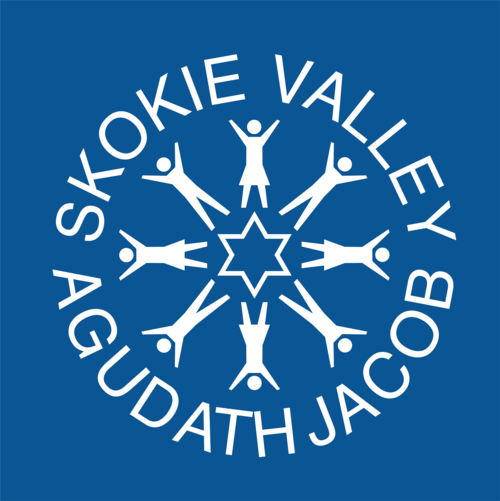Yom Kippur is the most powerful day of the Jewish year. Though intense, it is ultimately a Yom Tov - a day of forgiveness, closeness with God, and joy. May the following halachik parameters help you have a meaningful and uplifting Yom Kippur!
The Days Before Yom Kippur
The days leading up to Yom Kippur are a time to ask for forgiveness from people you may have hurt. This work is an essential part of the day. The Talmud says (Yoma 87b) “For sins between man and God Yom Kippur atones, but for sins between a one and one’s fellow, Yom Kippur does not atone until one appeases one’s fellow.”
In addition to seeking forgiveness, it is also important to grant to those who ask. “When R. Zeira would have grounds [for a grievance] against someone, he would pass in front [of the offender], thereby making himself available to him so that he would come and appease him.”
Erev Yom Kippur
Selichot are abbreviated, and tachanun is omitted at Shacharit and Mincha. Mizmor l’todah and Avinu Malkeinu are omitted as well.
There is a custom to immerse in a mikvah prior to Yom Kippur.
Mincha is said before the seudah hamafseket, the meal before the fast. During mincha we say vidui/confession. Mincha is at 3:00 pm.
In the afternoon, the seudah hamafseket, meal before the fast, is held. This meal should be joyous. One may eat after the meal and before the fast officially begins so long as one did not accept the fast upon themselves.
Candles are lit, with the blessing Baruch Ata ... l'hadlik ner shel Yom ha-Kippurim, followed by Shehechiyanu and the blessing of children.
Memorial candles are lit for the departed. These may be lit at home or in the synagogue. Candles will be available to light in the Skokie Valley kitchen.
The fast begins at sundown, 7:01pm this year.
Yom Kippur Restrictions
Yom Kippur is referred to in the Torah as “Shabbat Shabbaton”, the Shabbat of Shabbats. The same restrictions on labor, as defined by the 39 prohibited actions, that we refrain from on Shabbat also apply on Yom Kippur, including using electricity, conducting business, cooking, carrying without an eruv, and more.
Five additional restrictions apply:
-
Eating and drinking – Children over the age of 9 or so should start to try fasting according to their ability. Those who are ill, elderly, pregnant or nursing, or have medical conditions should consult medical professionals and a rabbi to determine whether or not they should fast.
-
Wearing leather footwear. Other leather-wear (belts, kippot, etc) is permitted.
-
Bathing or washing – this prohibition applies to all parts of the body, with warm or cold water. The exceptions are: upon waking, one performs the ritual morning washing up to the knuckles; after using the bathroom; kohanim before blessing the congregation; if one’s hands became soiled, and for health reasons.
-
Applying ointment, lotions, deodorants or creams.
-
Sexual relations
Yom Kippur Prayers
Yom Kippur begins with Kol Nidre. Those who wear a tallit do so during the Kol Nidre and Maariv service. It is left unfolded for the morning service. Many also wear a kittel, the white robe worn at a wedding and at burial, on Yom Kippur.
During the recitation of the Shema during Yom Kippur, the custom is to recite the words baruch shem kevod malchuto l’olam va’ed aloud.
The viduy, or confession, is recited many times throughout the amidot of the day. Al Cheit and Ashamnu are two prayers that alphabetically list all types of wrongs committed by the collective Jewish people. During the listing of the sins, the custom is to strike the left side of chest with the right hand.
The day concludes with the Ne'ilah [closing] prayer, which begins shortly before sunset, when the "gates of prayer" will be closed. Yom Kippur comes to an end with a recitation of Shema Yisrael and the blowing of the shofar, which marks the conclusion of the fast, this year at 7:42pm.
After Yom Kippur
After Maariv, Kiddush Levanah (blessing of the new moon) is recited. The prevalent practice is to do some work on Sukkah preparations so that the very night following Yom Kippur be spent bridging Yom Kippur with Sukkot.


